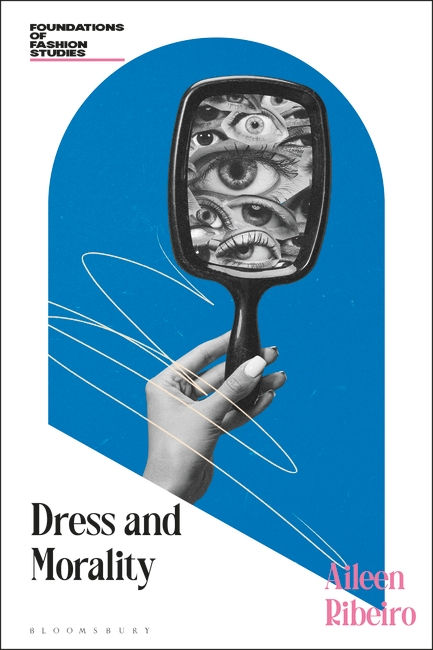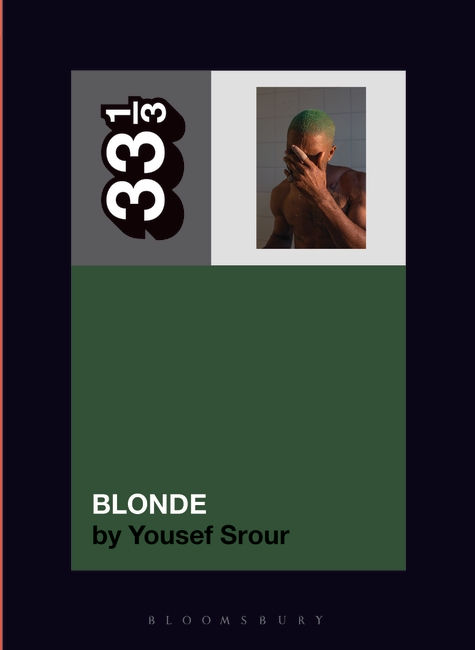Set against the turbulent backdrop of the UK miners’ strike (1984–5), Billy Elliot (2000) follows eleven-year-old Billy as he pursues his dream of becoming a ballet dancer. Hailed for its heartfelt portrayal of working class life and its powerful challenge to gender stereotypes, Stephen Daldry’s film is recognised today as a significant contribution to the tradition of British social-realist cinema.
James Leggott’s insightful study explores the creative forces behind Billy Elliot’s development, drawing from interviews with many of the core production team, such as the screenwriter Lee Hall, the choreographer Peter Darling and the composer Stephen Warbeck. Leggott identifies influences from the worlds of theatre, dance, photography and music, including inspirations specific to the North East of England, and calls attention to the film’s innate musicality in its bold and playful combinations of soundtrack and action, with songs by Marc Bolan and T. Rex, The Clash and The Jam among others. Tracing Billy Elliot’s global impact and its remarkable afterlife as a hit stage production, Leggott makes a case for the film’s enduring significance in British cinema history.
Billy Elliot
James Leggott
A study of Stephen Daldry's coming-of-age dance drama, Billy Elliot (2000), in the BFI Film Classics series.
Rights Sold
All rights available
Chinese Simplified and Complex rights exclusively represented by Bardon Agency
Book Details
Imprint: British Film Institute
Publication Date: 04-09-2025
Format: Paperback | BFI Film Classics Format | 104 pagesAbout the Author
James Leggott is Associate Professor of film at Northumbria University, UK. He is author of The North East of England on Film and Television (2022), In Fading Light: The Films of the Amber Collective (2020), and Contemporary British Cinema: From Heritage to Horror (2008). He is editor of Conflicting Masculinities: Men in Television Period Drama (I. B. Tauris, 2018).
Material Available

















